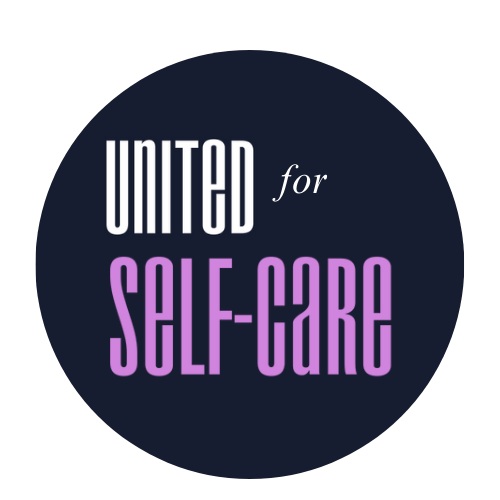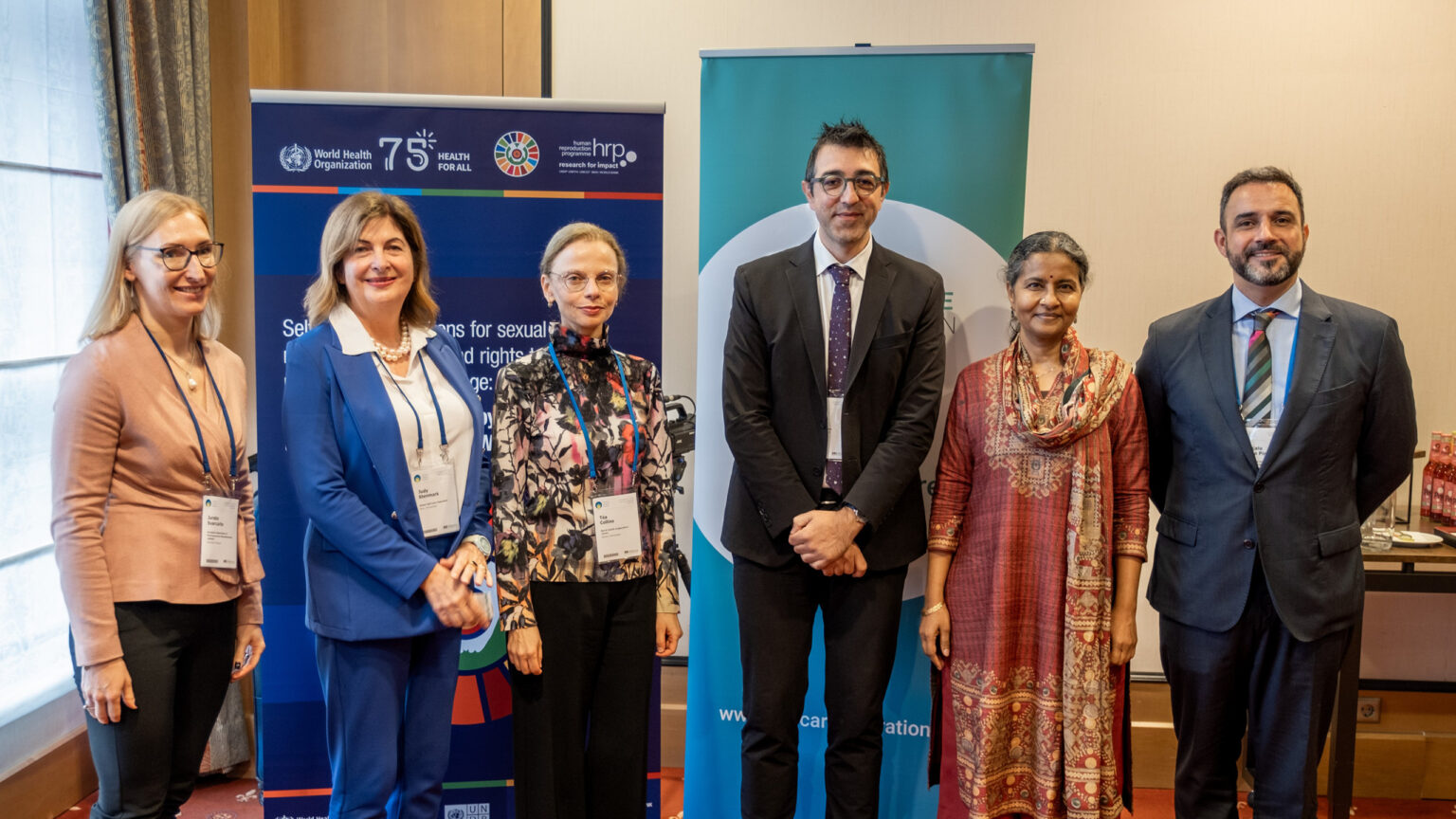The article highlights the critical role of self-care in healthcare and calls for greater recognition and integration of self-care into health systems to address current and future healthcare challenges.
Self-care, defined as individuals and families taking care of their health, plays a critical role in supporting healthcare systems. It helps reduce the burden on formal healthcare systems, saves time for healthcare professionals, and empowers individuals to manage their health conditions. The COVID-19 pandemic emphasized the importance of self-care during times of crisis.
Self-care, when integrated with enhanced health literacy and over-the-counter medicines, can significantly improve health systems’ resilience and reduce inequalities, particularly in sexual and reproductive health. However, the availability and accessibility of self-care interventions, like pregnancy self-tests, can vary significantly between high-income and low-income countries.
The article also emphasizes the need for strong health literacy to make self-care effective and calls for tailored awareness campaigns to cater to the diverse needs and cultural differences of populations. Shifting towards self-care would require a collaborative approach to healthcare, with patients and healthcare providers working together to develop tailored care plans.
A joint UN statement launched during the event recognizes the potential of self-care and calls for the World Health Assembly to adopt a resolution on self-care, which would be a significant step in advancing self-care as a pillar of health systems. The statement outlines five priority areas for investment and coordination, including innovative financing models, expanding the health workforce, generating evidence, and fostering political will.

